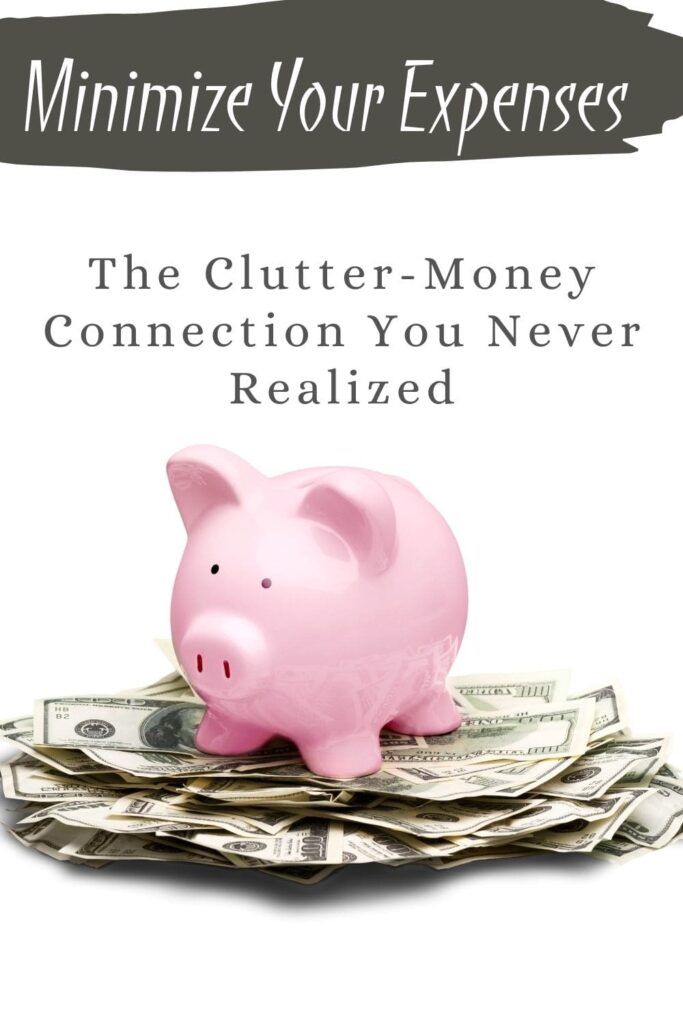
The concept of financial minimalism offers a new perspective on how you manage money and promotes the idea of adopting a simpler and more intentional lifestyle. It’s about removing unnecessary spending from your life, focusing on what truly brings value to your life, and finding peace and freedom in the process.
In this post, I will tell you about six easy frugal living strategies to maximize your savings and minimize expenses, a minimalist approach toward your finances, smart choices you can make, and enjoying a more meaningful life with less for anyone looking to stretch their budget and enhance their financial freedom.
Getting to the point of reducing unnecessary costs in your life and saving more requires a well-structured plan—a plan for redesigning your financial habits to also generate results and be sustainable.
Whether you’re overwhelmed with debt, tired of living paycheck to paycheck, or simply looking for a more thoughtful approach to your finances, embracing financial minimalism could be the first step to a richer and more fulfilling life.
This post contains affiliate links, which means I may receive a small commission, at no cost to you, if you make a purchase through a link. Read the full disclosure here.
Consolidating Financial Accounts
Financial minimalism also applies the basic rules of simplicity and intention to money management, creating a healthy relationship with your money. Close any cards you don’t use—there’s no need to keep them open.
Stick to a single card for all your day-to-day spending.
This practice makes it much easier to keep track of your financial situation and, of course, helps you manage your money effectively.
“You Need a Budget” – by Jesse Mecham is a great book that teaches you budgeting isn’t about depriving yourself—it’s about giving every dollar a clear purpose so you can align your spending with what you truly value. By following Jesse Mecham’s four-rule framework, you can break free from living paycheck to paycheck and build a flexible, proactive plan for your finances.
Benefits of Automating Your Financial Transactions
Automation becomes your ally in financial minimalism. Set up automatic bill payments to avoid late fees and mental overhead, create automatic transfers to savings and investment accounts on payday before you can spend the money, and consider using apps that round up purchases to save small amounts effortlessly.
These automated systems work silently in the background, requiring minimal maintenance while steadily building your financial security.
Cutting Unnecessary Expenses
Regular spending with no strategy offers a perfect opportunity to apply minimalist principles. Do a thorough evaluation of all the subscriptions you have and cancel the ones you only use very little or occasionally, or those that bring minimal value to your life.
Consider whether downsizing your home might be in line with your financial values and goals, evaluate whether a more economical vehicle would meet your needs just as well, and question each recurring expense with a simple but powerful question, “Does this really add value to my life?” These adjustments bring the most significant and lasting improvements to your financial situation.
Developing Mindful Spending Habits
Mindful spending forms the cornerstone of financial minimalism. Implement a waiting period like the 72-hour rule before making non-essential purchases to short-circuit impulse buying, try using cash envelopes for discretionary spending categories to make spending more tangible, follow a “one in, one out” rule for possessions to maintain equilibrium in your home, and intentionally shift your spending toward meaningful experiences rather than accumulating more things.
These practices cultivate awareness around each dollar you spend.
“Your Money or Your Life” by Vicki Robin and Joe Dominguez offers powerful strategies for eliminating debt, saving money through mindfulness, investing sustainably, and living more intentionally. By following Vicki Robin’s proven guidance, you can streamline your finances, reduce clutter and waste, and ultimately reclaim your time and energy—enjoying greater freedom, purpose, and well-being along the way.
Simplifying Your Investment Strategy
Simplicity should extend to your investment approach as well.
I’m not an adviser, so for guidance on simplifying your investment strategy, please consult a licensed professional or explore reputable resources.
“Rich Dad’s Guide to Investing” by Robert T. Kiyosaki is a book to read and learn more about ways to invest your money wisely. It teaches us about the importance of shifting from merely managing your money to actively growing it. This book outline the fundamentals of investing, reducing risk, and converting earned income into passive income. This book provides a starting framework—though not a promise—for anyone ready to take a step forward toward building lasting wealth.
Setting Focused Financial Goals
Clear financial goals provide direction for your minimalist financial journey. Rather than pursuing everything at once, focus intensely on just two or three major financial goals at a time, ensure these goals are specific and measurable so you can track progress, and regularly review your advancement toward these objectives to maintain motivation.
This focused approach prevents the scattered effort that often leads to financial frustration.
Establishing Simple Maintenance Routines
Finally, establish a simple system for regular financial maintenance. Schedule quarterly financial reviews to assess your progress and make adjustments, check your credit reports annually to ensure accuracy, update your budget seasonally as needs change, and reassess insurance coverage yearly to ensure adequate protection without overpaying.
These periodic check-ins require minimal time while keeping your financial house in perfect order.










